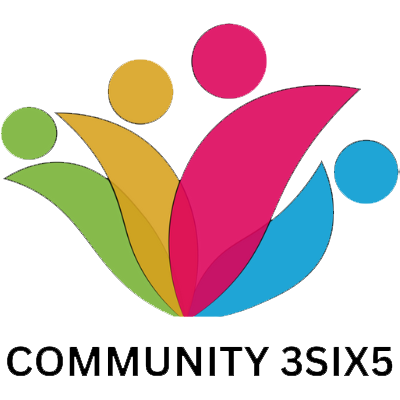How a dedicated support coordinator can help navigate the NDIS
The National Disability Insurance Scheme (NDIS) was introduced in Australia to provide people with disabilities access to the necessary support and services they need to live an independent life.
While the NDIS is a great initiative, it can be quite complex, and navigating the system can be challenging, especially for those who are new to it. This is where support coordination comes in - it is a crucial part of the NDIS that helps participants access and coordinate the right services and supports to achieve their goals.
Support coordination is a funded support category under the NDIS that provides assistance to participants who require help managing their supports and services. A support coordinator is a dedicated professional who works closely with participants to help them understand their NDIS plan, connect with service providers, and coordinate their supports to ensure they receive the best possible outcomes.
The role of a support coordinator is multifaceted and can vary depending on the needs and goals of the participant. Some of the key responsibilities of a support coordinator include:
Understanding the participant's needs and goals: The first step in support coordination is to understand the participant's unique needs and goals. A support coordinator will work closely with the participant to identify their strengths, challenges, and aspirations and help them develop a plan to achieve their goals.
Connecting participants with service providers: Once the participant's needs and goals have been identified, the support coordinator will connect them with the right service providers. This may include finding a suitable accommodation, organizing personal care services, or finding a job coach.
Coordinating supports and services: Support coordination is all about coordinating and managing supports and services to ensure they are delivered effectively and efficiently. A support coordinator will work with service providers to develop a tailored plan that meets the participant's needs and goals.
Advocating for the participant: Support coordinators also play a vital role in advocating for the participant's rights and interests. They can assist with issues such as appeals, reviews, or complaints and ensure that participants have access to all the support and services they need.
There are many benefits to having a dedicated support coordinator to help participants navigate the NDIS. Some of these benefits include:
Improved outcomes: By working closely with participants to identify their needs and goals, and connecting them with the right service providers, support coordinators can help participants achieve better outcomes.
Increased independence: Support coordination can help participants build their independence by connecting them with the right supports and services to help them live more independently.
Reduced stress: Navigating the NDIS system can be stressful and overwhelming, especially for those who are new to it. Having a support coordinator can help reduce stress and make the process smoother and more manageable.
Greater choice and control: With the help of a support coordinator, participants have greater choice and control over the supports and services they receive. They can work with their support coordinator to develop a plan that meets their unique needs and goals and choose the service providers they feel comfortable with.
Support coordination is a vital part of the NDIS that can help participants achieve their goals and live a more independent life. By providing assistance in navigating the NDIS system, connecting participants with the right service providers, and coordinating their supports and services, support coordinators play a critical role in helping participants achieve the best possible outcomes. If you or someone you know is struggling to navigate the NDIS system, we can help you today.
